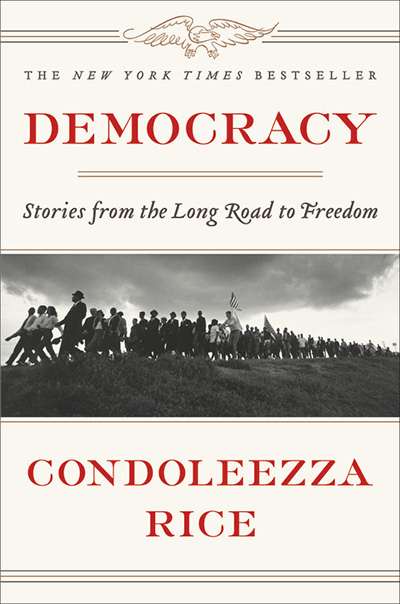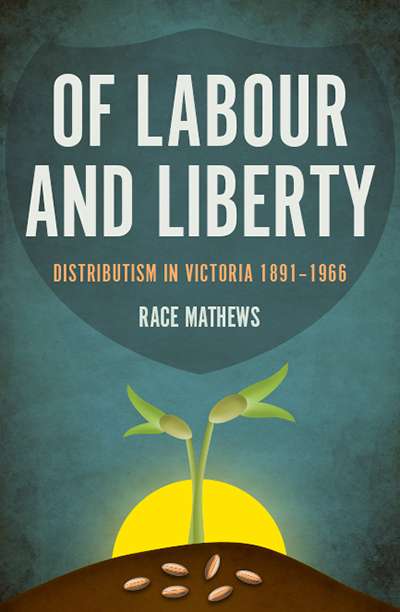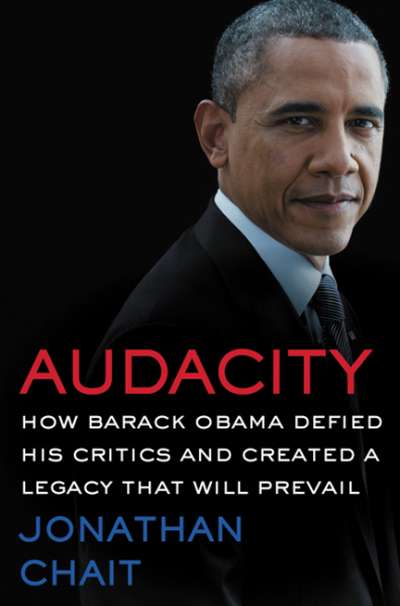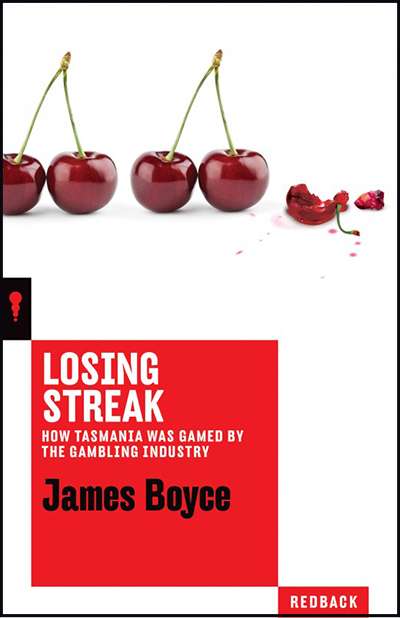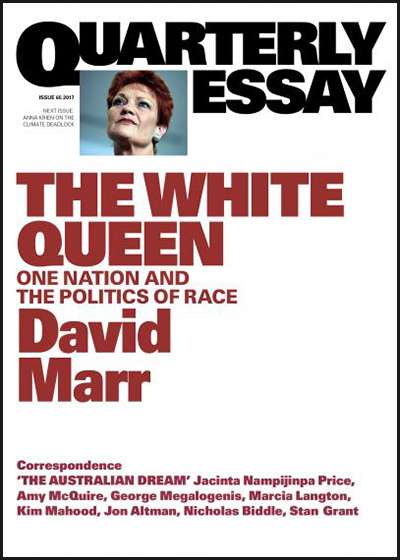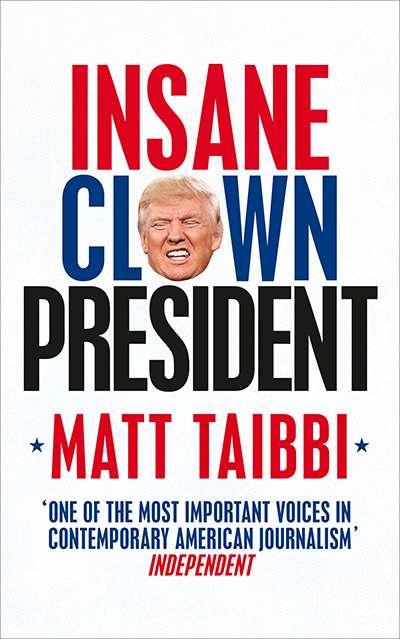Politics
For decades, centuries, millennia, homosexuals (here as elsewhere) have been insulted, blackmailed, beaten, incarcerated, and murdered. Even now homosexuality remains one of the principal causes of suicide and despair in our society, especially among young males.
... (read more)The Violent American Century: War and Terror since World War II by John W. Dower
A week after the Manchester Arena bombing, it emerged in the British media that MI5 had been warned about some of the terrorists but had apparently done nothing. M16, moreover, had reportedly encouraged British Libyans to join the 2011 civil war against Gaddafi. Their relatives, including the Manchester bomber, later went back and forth unimpeded between the United Kingdom and Libya.
... (read more)Democracy: Stories from the long road to freedom by Condoleezza Rice
What are the cornerstones of democracy? If you ask Condoleezza Rice who, as the sixty-sixth US secretary of state, was responsible for introducing democracy to autocratic states like Afghanistan and Iraq, her answer would go something like this: the right to speak one’s mind; freedom from arbitrary rule; leaders empowered by popular consent; equilibrium between the three branches of government and between federal and state power, minorities and the majority, state and society.
... (read more)Sarah Sentilles’s Draw Your Weapons is one of the most erudite, original, and thought-provoking books I have ever read. A philosophical and moral meditation on pain, torture, and the violence of war – part memoir, part history, even a kind of secular prayer – this book asks us to look at terrible human darkness while also celebrating the ways in which love, connectedness, and the making of art nourish and redeem the human spirit.
... (read more)Of Labour and Liberty: Distributism in Victoria 1891–1966 by Race Mathews
I was a student at Sydney University when, in 1954, the embattled Labor leader Dr H.V. Evatt went public, accusing a small group of Labor MPs of disloyalty, their attempt to gain control of the party being directed from a source outside the labour movement. He identified the Melbourne News Weekly as their mouthpiece. Few had heard of B.A. (‘Bob’) Santam ...
Depends What You Mean By Extremist: Going rogue with Australian deplorables by John Safran
David Marr’s Quarterly Essay, The White Queen: One Nation and the politics of race (2017) is a comprehensive and scholarly look at Pauline Hanson’s appeal, and what her revival, tepid as it may be in an international context, says about the way race has been exploited in the bread and circuses of politics. John Safran is equally interested in race, and ...
Audacity by Jonathan Chait & We Are The Change We Seek edited by E.J. Dionne Jr and Joy-Ann Reid
What is Barack Obama’s legacy? That deceptively simple question forms the subject of Jonathan Chait’s new book ...
... (read more)Losing Streak: How Tasmania was gamed by the gambling industry by James Boyce
Gambling is part of Australia’s self-definition. The way we like to tell the story, lads at Gallipoli went over the top with a two-up kip in one hand and a rifle in the other, while exchanging tips for the Melbourne Cup ...
... (read more)The White Queen: One Nation and the politics of race (Quarterly Essay 65) by David Marr
David Marr’s interlocking identities as consummate essayist, journalist of forty-five years, ferocious biographer, and staunch cosmopolitan increasingly eclipse his subject. He wears the condition honestly and inelegantly. ‘I’m a grumpy old guy who hasn’t found in twenty years another big life worth writing’, he remarked in his ...
Insane Clown President by Matt Taibbi & How The Hell Did This Happen? by by P.J. O’Rourke
Beneath a frantic veneer of normalcy, American politics is not okay. It is as if Punch and Judy have careened out of a dive bar, tripped down the rabbit hole, smashed head-first through the looking glass, and found themselves running all three branches of government. Core to this is that unlikely combination of words, President Donald Trump.
...


